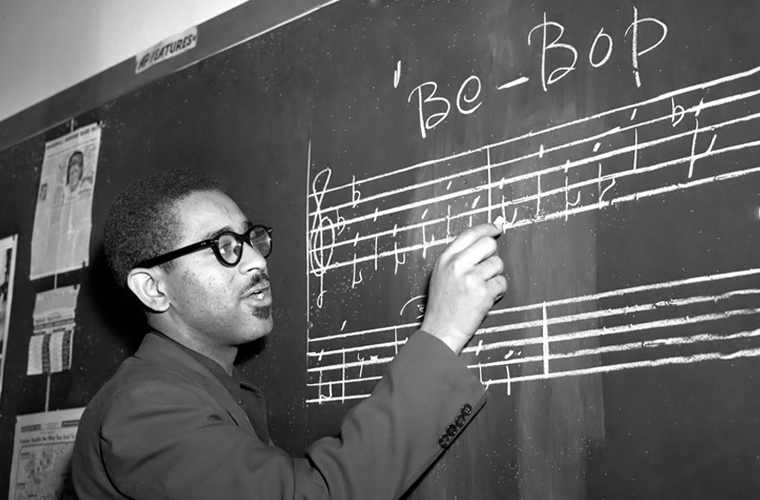Bebop is a sub-genre of jazz that emerged in the United States in the 1940s. It is characterized by its fast tempos, complex harmonies, and improvisation. Bebop was a reaction to the simpler and more danceable swing music that was popular at the time. It was created by a group of young musicians who wanted to push the boundaries of jazz and create something new and exciting.
One of the key features of bebop is its use of complex harmonies. Bebop musicians often used chords that were more dissonant and complex than those used in swing music. They also used more chromaticism, which means they used notes that were outside of the key signature. This gave bebop a more sophisticated sound that was not always easy for audiences to follow.
Another important aspect of bebop is its fast tempos. Bebop tunes are often played at very fast speeds, which requires a high level of technical skill from the musicians. This fast pace also allows for more improvisation, as the musicians have less time to plan their solos and must rely on their instincts and training.
Bebop also placed a greater emphasis on improvisation than swing music did. Bebop musicians would often take a simple melody and then improvise on it, creating complex and intricate solos that were unique to each performance. This emphasis on improvisation allowed Bebop to be more spontaneous and unpredictable than other forms of jazz.
Despite its popularity among musicians, bebop was not always well-received by audiences. Its complex harmonies and fast tempos were often too challenging for the average listener. However, bebop had a profound influence on jazz and has been cited as a major influence by many musicians in other genres as well.
In conclusion, bebop was a revolutionary sub-genre of jazz that emerged in the 1940s. Its complex harmonies, fast tempos, and emphasis on improvisation set it apart from other forms of jazz at the time. While it was not always well-received by audiences, bebop had a profound influence on jazz and continues to be studied and admired by musicians today.

